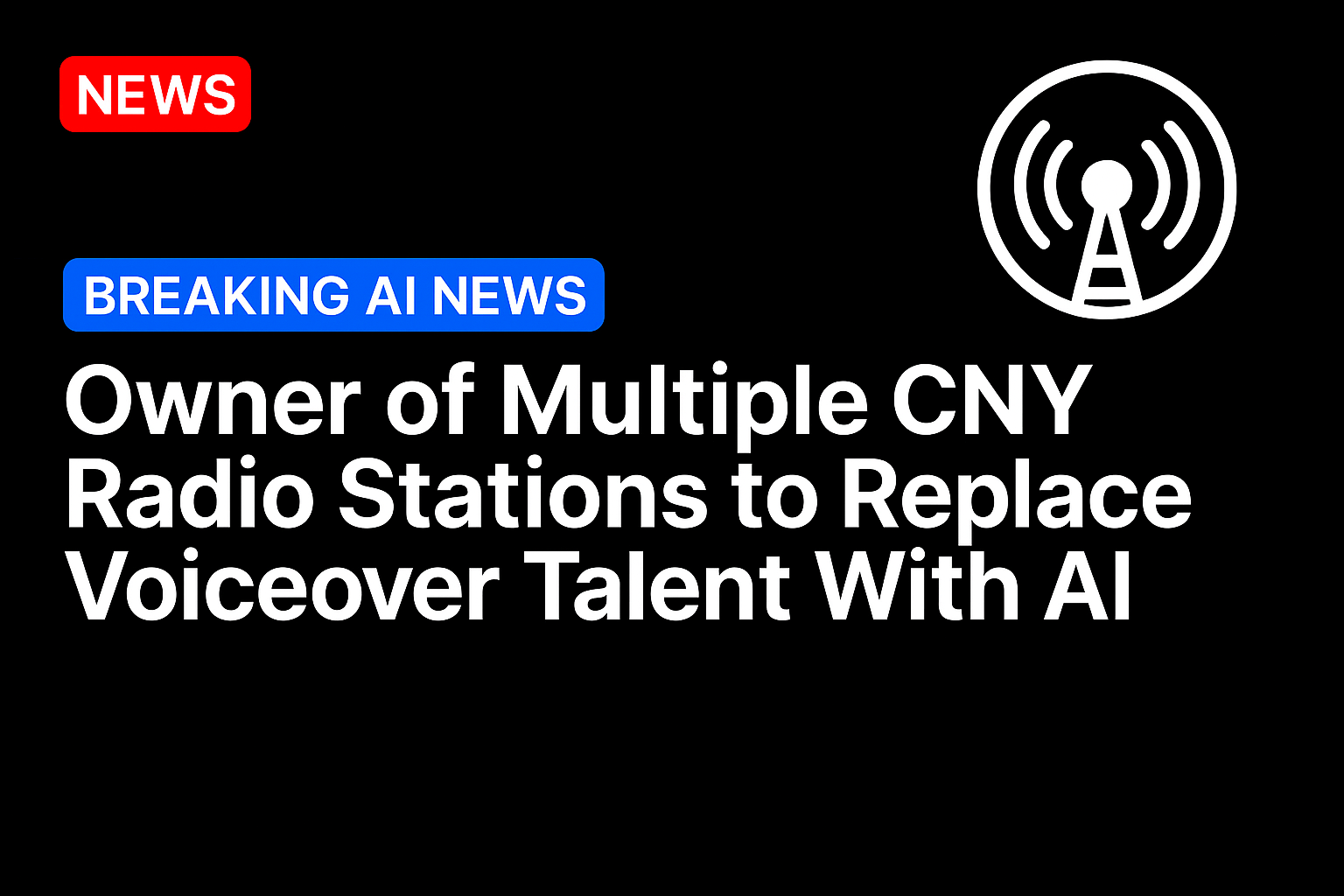San Francisco, CA – September 30, 2024
OpenAI, the company behind the widely used ChatGPT, is once again in the spotlight as it seeks new funding and explores an ambitious restructuring plan that could significantly alter its trajectory. The company is aiming for a staggering valuation of $150 billion, positioning itself among the most valuable tech startups in the world. At the same time, OpenAI is grappling with internal challenges, including high-profile executive departures, and considering fundamental changes to its nonprofit foundation.
Seeking a $150 Billion Valuation
OpenAI’s latest round of fundraising is attracting significant attention. The company is reportedly in talks with major investors to raise billions in new funding, with a target valuation of $150 billion—three times its value just a year ago. If successful, OpenAI will solidify its status as one of the most valuable AI companies globally, alongside giants like Microsoft and Google.
The increased valuation reflects the growing demand for OpenAI’s cutting-edge generative AI tools, especially its ChatGPT product, which has revolutionized natural language processing and is widely adopted in industries ranging from healthcare to finance. Investors are banking on OpenAI’s ability to continue pushing the boundaries of AI innovation while expanding its product offerings into new markets, such as enterprise AI and automation.
However, with heightened expectations comes increased pressure. Critics question whether OpenAI can sustain such rapid growth in a highly competitive industry where companies like Google DeepMind, Anthropic, and Meta’s AI division are aggressively advancing their own AI capabilities.
A Bold Overhaul of the Nonprofit Structure
Amid its fundraising efforts, OpenAI is also considering a provocative restructuring of its unique hybrid model. Founded as a nonprofit with the mission of ensuring that artificial general intelligence (AGI) benefits all of humanity, OpenAI has since transitioned to a “capped-profit” model to attract commercial investment. This approach allowed the company to raise significant funding while maintaining its long-term ethical commitments.
Now, OpenAI is reportedly exploring further changes to its nonprofit arm, potentially converting some of its nonprofit responsibilities to a more commercially driven entity. This restructuring has sparked debate among AI ethicists and industry insiders about whether OpenAI can maintain its commitment to responsible AI development while aggressively pursuing profit.
Critics argue that further diluting its nonprofit mission could compromise OpenAI’s original goal of ensuring safe and ethical AI deployment, while proponents argue that the changes are necessary to sustain growth and compete at the highest level. The move is seen as a way to unlock additional capital and streamline operations, but it has raised concerns about the potential conflict between profitability and ethical AI development.
Leadership Shakeups Add to Uncertainty
Further complicating OpenAI’s future is a recent wave of executive departures. Key members of OpenAI’s leadership team have left the company in recent months, citing various reasons, including disagreements over the company’s strategic direction. Some former executives have voiced concerns about the growing commercialization of OpenAI and its potential drift from the founding mission.
Among the notable departures is OpenAI’s former Chief Scientist, who played a pivotal role in the development of the company’s most advanced AI models. These exits have fueled speculation about internal disagreements over the company’s evolving priorities, particularly as it seeks more aggressive commercial expansion.
Despite these departures, OpenAI remains staffed with top-tier talent, and the company has announced plans to hire new executives and technical leaders to ensure it stays ahead in the AI race.
A Pivotal Moment for OpenAI
As OpenAI navigates this complex period of fundraising, restructuring, and leadership change, the company’s future is at a crossroads. While it continues to lead the AI space with groundbreaking technologies like GPT-4 and DALL-E, the next phase of its development will test its ability to balance profitability with ethical responsibility.
OpenAI’s success has also drawn the attention of regulators, with governments worldwide increasingly focused on the risks and implications of powerful AI systems. How OpenAI addresses these regulatory challenges while pursuing rapid growth will shape both its reputation and the broader AI industry.
The Road Ahead
OpenAI’s ambitious plans to raise capital and restructure come at a time when the entire AI industry is under intense scrutiny. The company’s decisions in the coming months will have far-reaching implications, not just for its investors and employees but for the global AI ecosystem.
As it stands, OpenAI has demonstrated the ability to innovate at a breathtaking pace. Whether it can navigate the challenges of maintaining ethical AI development while pursuing profit-driven growth remains one of the most critical questions in the technology world.
For now, all eyes are on OpenAI as it pushes forward with its bold vision, seeking to redefine both the AI industry and its role within it.





